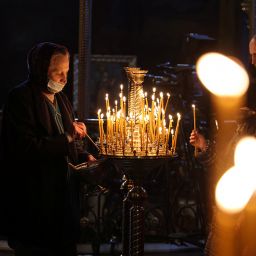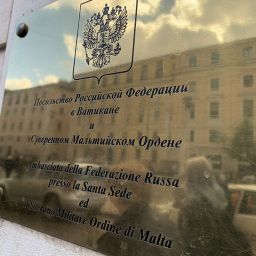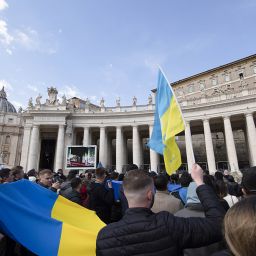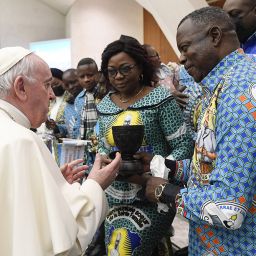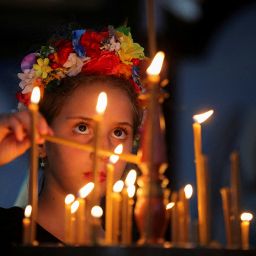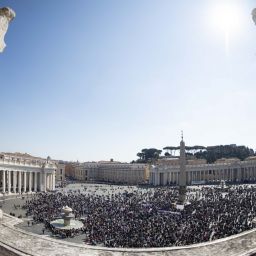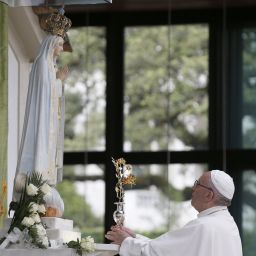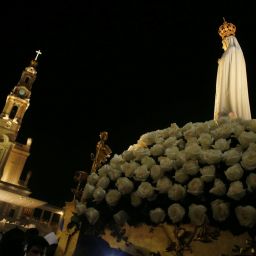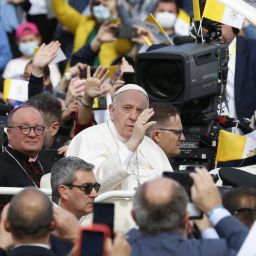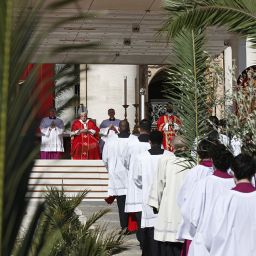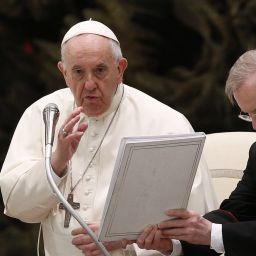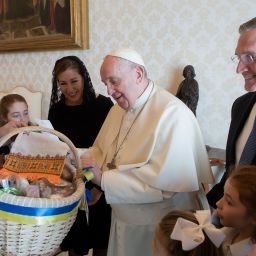By Justin McLellan
Catholic News Service
VATICAN CITY — A Catholic institution of higher education is not merely a university with a “distinguished adjective in its name,” Pope Francis said, rather it bears a commitment to teaching and acting in service of others and in line with the Gospels.
“Today’s globalization entails a risk for education, namely a process of reducing certain programs to serve political and economic interests,” he told participants at symposium sponsored by UNISERVITATE, a global organization promoting service-learning in Catholic higher education.
The pope stressed during the Nov. 9 meeting that education should “produce fruits of peace, justice, and mutual acceptance among all peoples and expand its positive effects in ever closer forms of cooperation,” which he added “can foster interreligious dialogue and care for our common home.”
Educational programs should “bring students into contact with the realities around them, so that, starting from experience, they learn to change the world not for their own benefit, but in a spirit of service,” Pope Francis said.
Students should have “contact with reality in order not to get lost in ideas, ” he said. “Education is not only through the mind, but through the heart and the hands.”
More than 200 people from 56 Catholic institutions of higher education participated in the Nov. 7-8 symposium in Rome on the theme “Transforming Higher Education from Within.” UNISERVITATE is active across 26 countries and engages more than 400,000 students and 40,000 educators worldwide in service-learning projects.
Two students and four professors from the United States participated in the UNISERVITATE symposium and met Pope Francis Nov. 9.
Keresha Donaldson, a student at Sacred Heart University in Fairfield, Connecticut, said she developed a deep passion for community engagement by participating in her school’s Uniting Hearts project, in which public relations and advertising students organized initiatives to encourage voter registration and political engagement among students.
“I realized I have more to offer my community than I think, and this has increased my confidence to step up and do my part,” Donaldson said in response to questions from Catholic News Service. She said that service learning “lends itself perfectly to the Catholic Church’s traditions and teachings” and should be practiced in “all universities, schools, colleges, and even in local communities.”
María Rosa Tapia, program coordinator of UNISERVITATE, told CNS that service learning is valuable for students because it gives them the opportunity “to think in a very different environment of learning.”
“It’s not just the classroom; it’s not just in the university building; the whole community is where they can learn, where they can interact, and where they can share their knowledge,” she said.
Tapia noted that the implementation of service learning adds to the value of higher education by forming “experts with rigorous academic knowledge, but that put it into practice to address the concrete and real problems of the community; academic knowledge is key, but also community outreach is key.”
“The university is not an island, it has to be embedded in the community as a whole to help us meet with our brothers and sisters in a fraternal encounter, so from the university we can work together to plan for a better future,” she said.
Cutline for featured image: Pope Francis greets participants in a global symposium sponsored by UNISERVITATE, an organization promoting service learning in Catholic higher education, during a meeting at the Vatican Nov. 11, 2024. (CNS photo/Justin McLellan)


